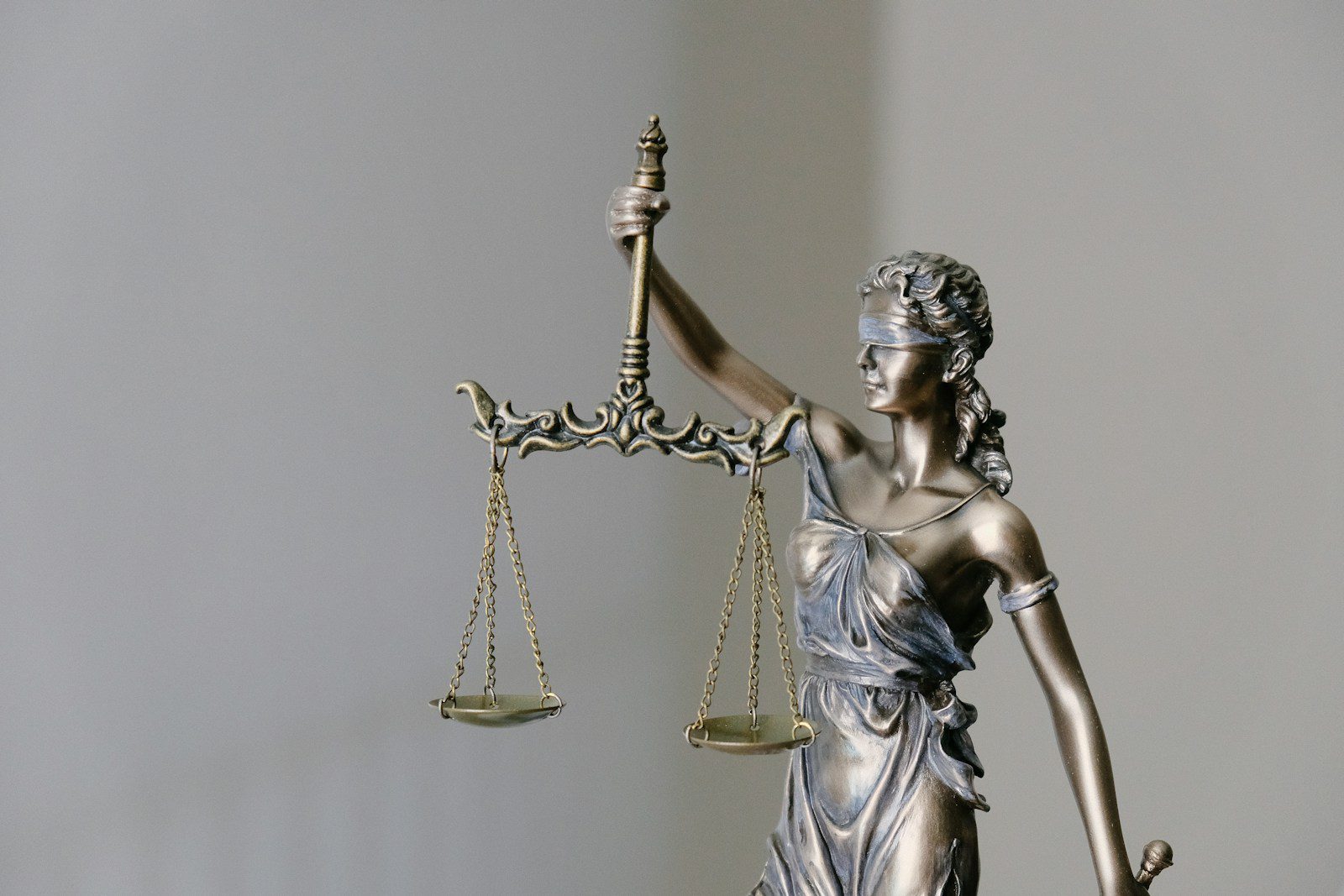The Commission has published its fifth annual Rule of Law Report which monitors significant developments and takes stock of the rule of law situation in all EU countries. It shows that the EU is much better prepared to detect, prevent and address emerging challenges than 5 years ago. This means more resilient European democracies, mutual trust in the EU, good functioning of the single market and a business environment that fosters competitiveness and sustainable growth.
Each year, the report includes new recommendations for EU countries. 68% of the 2023 recommendations have been, fully or partially, addressed, showing that the report has become a true driver of positive reforms. However, in some EU countries systematic concerns remain and the situation has further deteriorated.
This year’s edition also introduces chapters on Albania, Montenegro, North Macedonia, and Serbia, to support their reform efforts and ensure continued work on the rule of law to further progress towards EU membership.
Key findings and recommendations of the 2024 report:
- Justice reforms: Important reforms to strengthen judicial independence have been initiated. However, systemic concerns regarding judicial independence persist and specific cases of deterioration have been observed. There is a need for safeguards in judicial appointment procedures, autonomy of the prosecution service and adequate resources.
- Anti-corruption frameworks: Corruption remains a serious concern, however, the EU countries are better at fighting it – they have increased resources on the capacity of law enforcement services, prosecution authorities and the judiciary. Further action is needed to strengthen preventive frameworks and ensure the effective investigation and prosecution of corruption cases.
- Media freedom and pluralism: Concrete steps were made to improve journalists’ safety and working environment, and the tasks and competences of several national media regulators have been expanded. Concerns about the independent governance or financial stability of public service media, transparency of media ownership, the right of access to public documents and the transparent and fair allocation of state advertising persist. Recommendations focus on these areas to ensure a free and pluralistic media landscape.
- Institutional checks and balances: Efforts to improve legislative processes have been noted. However, challenges remain, including the excessive use of accelerated procedures, the quality of law-making, and restrictions faced by civil society and human rights defenders. Recommendations aim to strengthen legislative processes and support the functioning of independent authorities.
The rule of law is an integral part of the very identity of the EU and a precondition for the respect of other values. According to the latest Special Eurobarometer survey, more than 7 in 10 EU citizens agree that the EU plays an important role in helping to uphold the rule of law in their country. Close to 9 in 10 EU citizens think it’s important that all EU countries respect the core values of the EU.












